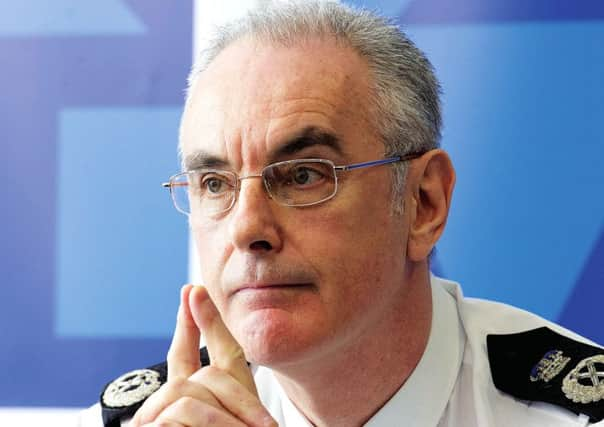Crisis in policing can't be allowed to drag on


Gormley, of course, replaced Sir Stephen House, who got out early as controversies plagued his tenure.
In addition, Scottish Police Authority chairman Andrew Flanagan quit last month after MSPs called for him to go.
Advertisement
Hide AdAdvertisement
Hide AdAnd earlier this month, Deputy Chief Constable Iain Livingstone announced he was to retire. According to insiders, Livingstone had handled the day-to-day running of the force while Gormley has fulfilled an ambassadorial role. With a question mark now hanging over Gormley’s future, Livingstone’s departure causes even greater concern than before.
As we report today, a call has been made to overhaul the SPA in the wake of last week’s developments, with Liberal Democrat leader Willie Rennie suggesting that the Scottish Parliament should have the power to appoint the SPA chairman. This might well improve matters, but one correction alone cannot steady the ship.
The creation of a single Scottish police force was controversial, yet one problem that was not highlighted during the debate was the effect it would have on leadership. One individual now carries ultimate responsibility for all incidents in Scotland, and while that level of authority allows strong leadership, it also makes the chief constable vulnerable to events. Similarly, a complaint against that individual leaves all areas of the country exposed to any consequences at the top.
The centralisation of power is increasingly prevalent in Scotland and does have benefits, but it has a downside too. If setting up a single force was intended to create a more efficient and co-ordinated body, those advantages have been undermined by the damaging effects of what seems to be perpetual trouble at the top. This can’t go on.